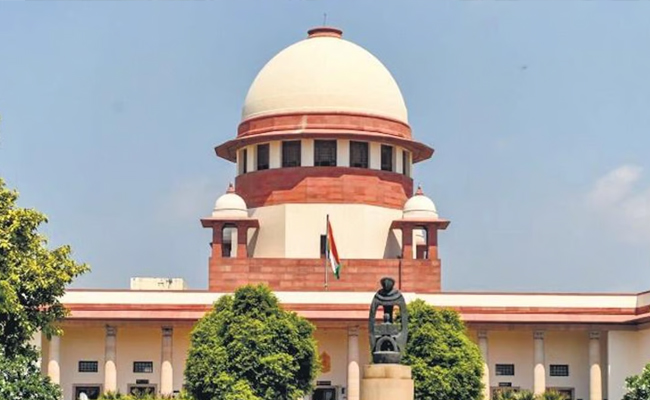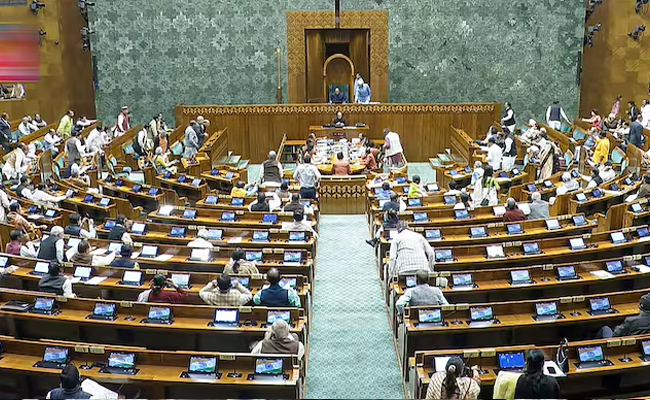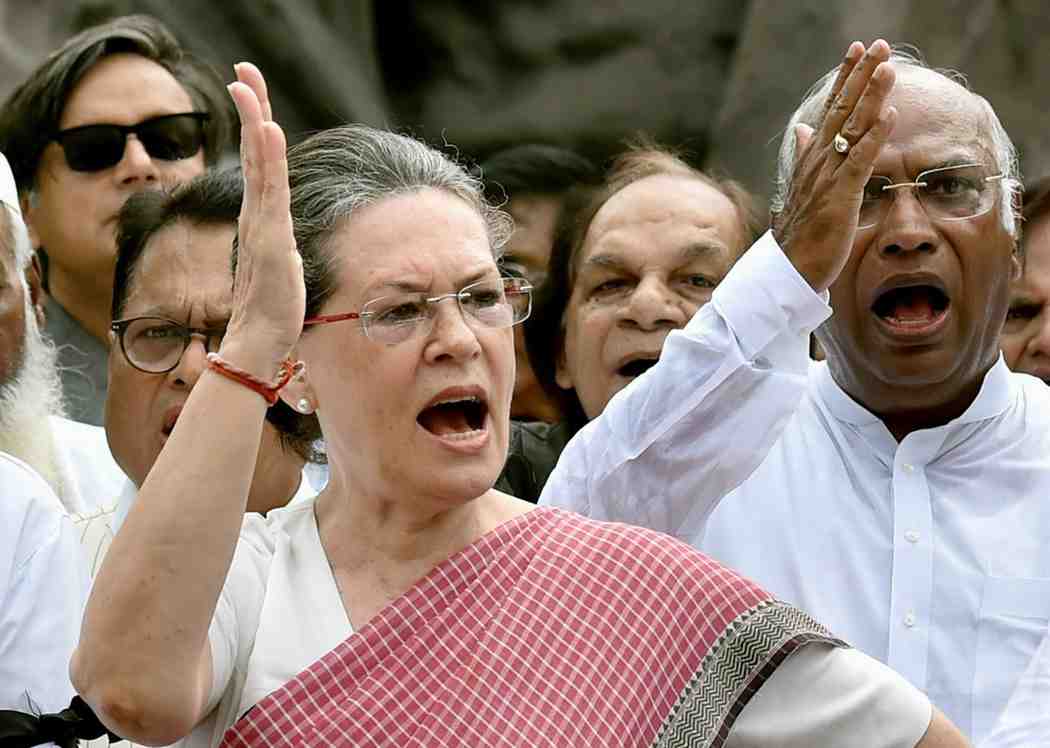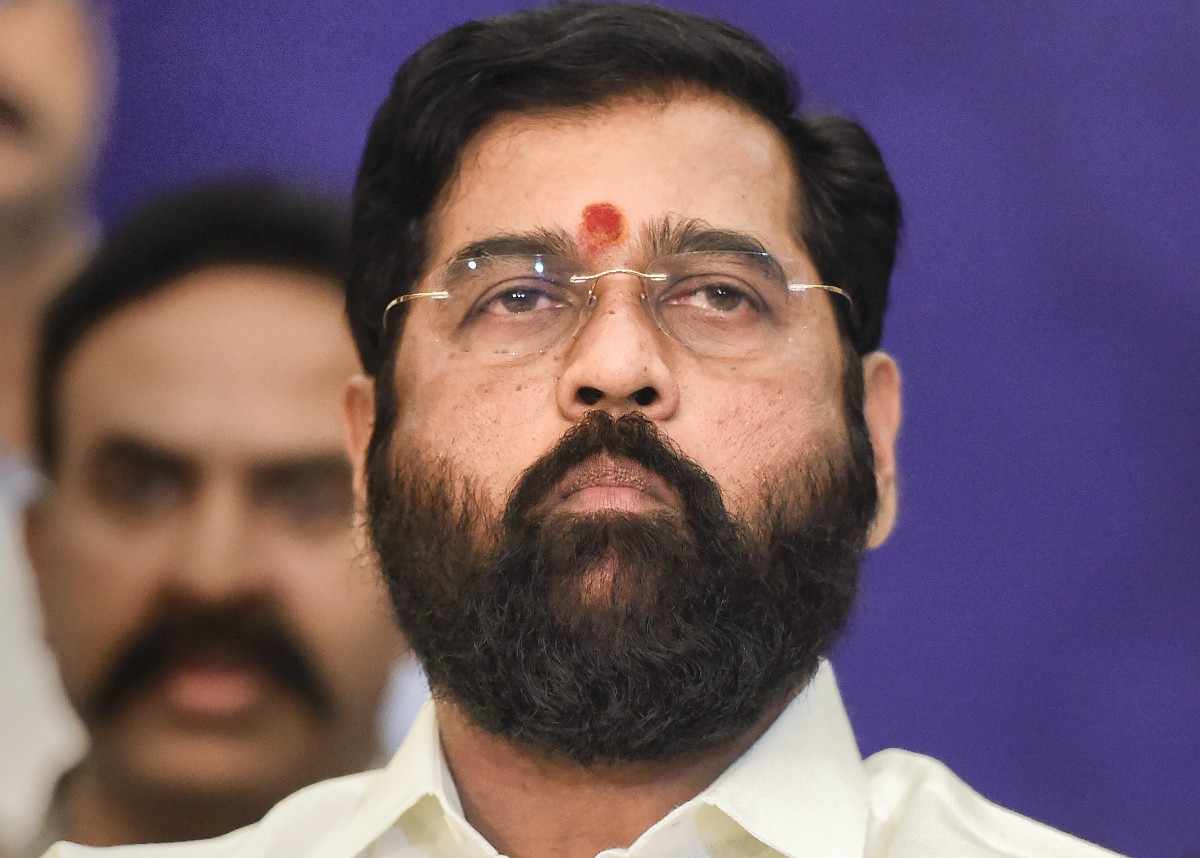New Delhi (PTI): Uttar Pradesh Chief Minister Adityanath has defended his administration's warning to Muslims against offering namaz on streets, saying roads are meant for the movement of traffic.
He also told Muslims to learn religious discipline from Hindus who took part in the massive Maha Kumbh mela without any incident of crime, destruction, or harassment.
In an interview to PTI, Adityanath slammed critics of the Waqf (Amendment) Bill.
He said Waqf boards have become a den of selfish interests as well as "loot khasot" (property grabbing), and have done little for the welfare of Muslims.
He said, "It (Waqf) has become a medium to capture any government property. This reform is the need of the hour, and all reforms draw opposition. I believe Muslims will benefit from this (proposed law)."
The monk-politician, who has emerged as one of the more popular BJP leaders due to his unapologetic hardline Hindutva views and image of a tough administrator against criminals, rejected criticism of any discrimination against Muslims.
Muslims are 20 percent of the state's population but their share is 35-40 percent among the beneficiaries of government welfare schemes, he said, asserting that he does not believe either in discrimination or in appeasement.
"We always keep ourself away from appeasement. Any needy who is a citizen of India should get every benefit of the government," he said.
With his "bulldozer model" now adopted by other states too as a show of quick justice despite frequent questions over its legality, Adityanath told PTI that he did not consider the popular practice as an achievement but a necessity.
The bulldozer can be used to create infrastructure and remove encroachments as well, he said. "It seems to me that we have shown how it can be used in a better way."
He claimed that none of the adverse Supreme Court observations against bulldozer action relates to his state, adding the apex court has in fact appreciated the guidelines adopted by Uttar Pradesh.
Asked about the row over the warning by his administration in Meerut against offering namaz on roads, he staunchly defended the government move saying there was nothing wrong in it.
"Roads are meant for walking. And those who are speaking (against the decision) should learn discipline from Hindus. Sixty-six crore people arrived in Prayagraj. There was no robbery, destruction of property, arson, abduction … This is called religious discipline. If you want benefits, you should also follow discipline.”
Let the Truth be known. If you read VB and like VB, please be a VB Supporter and Help us deliver the Truth to one and all.
New Delhi (PTI): In a major jolt to the West Bengal government, the Supreme Court on Thursday invalidated the appointment of 25,753 teachers and other staff in state-run and state-aided schools, and termed the entire selection process "vitiated and tainted".
A bench comprising Chief Justice of India (CJI) Sanjiv Khanna and Justice Sanjay Kumar upheld a Calcutta High Court verdict dated April 22, 2024, annulling the appointments and ordered the Trinamool Congress-led state government to initiate a fresh selection process to be concluded within three months.
"In our opinion, this is the case where the entire selection process is vitiated and tainted beyond resolution. Manipulations and frauds on a large scale, coupled with attempts to cover-up, have dented the selection process beyond repair.
"The credibility and legitimacy of selection are diluted, and accordingly, we have to keep it (order of the high court) with some modifications," the CJI said while pronouncing the verdict on as many as 127 petitions pertaining to the Calcutta High Court verdict.
The CJI also said the employees whose appointments have been annulled are not needed to return their salaries and other emoluments earned so far.
It, however, made relaxation for certain disabled employees on humanitarian grounds, saying they would remain in the job.
The bench fixed pleas, including the one filed by the West Bengal government challenging the high court direction for a CBI probe, for hearing on April 4.
The detailed judgement is awaited.
On February 10, the top court reserved its judgement on a batch of petitions in the matter and said that those who got jobs wrongly may be knocked out.
The top court commenced the final hearing on December 19 last year and heard the parties on January 15, 27 and February 10 before reserving its verdict on the politically-sensitive case.
Citing irregularities such as OMR sheet tampering and rank-jumping, the high court had invalidated the appointment of 25,753 teachers and non-teaching staff in state-run and state-aided schools in West Bengal.
On May 7 last year, the apex court stayed the high court's order over the appointments made by the state's School Service Commission (SSC).
The top court, however, permitted the CBI to continue with its probe into the matter.
The case stemmed from the alleged irregularities in the 2016 recruitment process conducted by the West Bengal SSC in which 23 lakh candidates appeared for 24,640 posts and a total of 25,753 appointment letters were issued.
The apex court had termed it a "systemic fraud".
The high court instructed those appointed outside the officially available 24,640 vacancies, those recruited after the expiry of the official date, and those who submitted blank OMR sheets but obtained appointments to return all the remunerations and benefits received by them with 12 per cent per interest.
Former West Bengal education minister Partha Chatterjee and Trinamool Congress MLAs Manik Bhattacharya and Jiban Krishna Saha are among the accused being probed in the recruitment scam.

_vb_29.jpeg)



